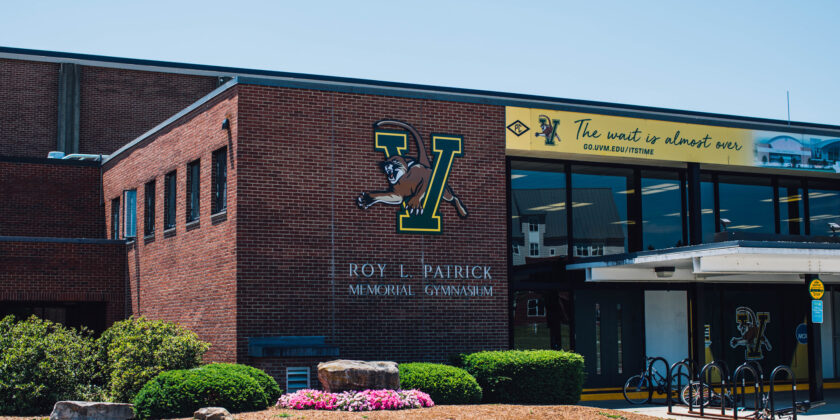Best Summer Programs for High School Students: Sports Marketing & Management
As part of your college application, extracurricular activities—including those over the summer— help demonstrate your intellectual curiosity and commitment to an area of study (typically, the one you might pursue in college).
But “programs” are not the only way to explore academic interests and demonstrate your intellectual curiosity. You can join clubs at your school or locally, take free online classes via edX and Coursera, shadow, or intern (aka volunteer for most students)—there are tons of options ranging from super formal (and pricey) to those as simple as reading in your free time.
The following programs are some of our favorites for students interested in exploring different career paths in sports and the business of sports.
ROC Nation Summer Sports Management Academy
New York City is home to one of the largest and iconic sports markets in the world, and the Roc Nation Sports Management Academy is at the center of it all! The Academy’s experiential learning model provides opportunities to explore what it’s like to sign an athlete, negotiate a deal, manage a venue, or run an athletic program. In addition to attending major sporting events, Academy participants study with industry leaders and professional athletes, learning how to translate a passion for sports into a flourishing career. Participants also have a unique opportunity to engage with the booming billion-dollar global eSports industry in LIU’s state-of-the-art eSports arena. This Academy inspires young students, athletes, entrepreneurs, and sports fans to become the next great sports industry professionals.
SPM 142 – Sports Marketing. This course focuses on the process of designing and implementing activities for the promotion and distribution of a sport product to a consumer. The principal steps in developing a marketing plan are outlined.
Isenberg Sport Management & Leadership Academy
McCormack’s summer Sport Management & Leadership Academy provides a platform for talented high school students to learn practical sport business applications and industry insights from our world-renowned faculty and industry-leading alumni. The McCormack Department challenges students to use a management lens to strategic decision-making in sports, offering a diverse and highly interactive approach to learning. In-class lectures and case competitions will be augmented by the presence of UMass alumni in sport leadership positions, and ‘virtual’ Zoom visits to regional sport businesses.
Rawlings Sport Business Management Summer Institute
Three day online program ($100). Experiential-based learning. Students learn theory in the classroom, put theory to work in real-time projects, and present those projects back to industry professionals.
Global Sports and Entertainment Business Academy
The mission of Global Sports & Entertainment Business Academy is to provide all participants insight into the sports and entertainment industries. Our students will not only be introduced to a broad array of career opportunities, but they will also leave with a solid understanding of the business disciplines that constitute and contribute to the business such as management, advertising, sponsorship, technology, marketing, law, media, and other areas related to the sports and entertainment industries. Students will also practice leadership and teamwork as they engage in a variety of team-oriented activities.
Coursera/edX FREE Classes
Activism in Sports and Culture
*Stay in the know! Subscribe*






